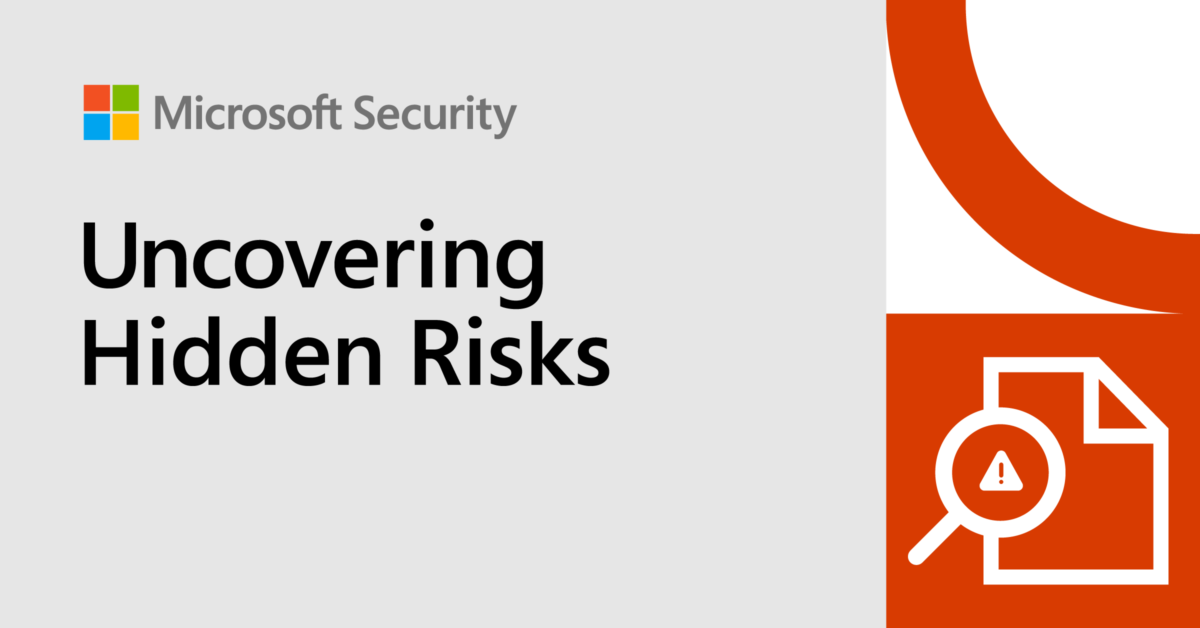Today, we continue our exploration of the Monaco Memo by considering the section entitled “Timely Disclosures and Prioritization of Individual Investigations”. This portion of the Monaco Memo re-emphasized the reinstitution of the Yates Memo, first announced by Deputy Attorney General (DAG) Lisa Monaco in October 2021. Clearly the Department of Justice (DOJ) wants to increase the accountability of individuals who have engaged in criminal activities such as bribery and corruption under the Foreign Corrupt Practices Act (FCPA).
It is well-settled under the FCPA Corporate Enforcement Policy that for a company to be considered for a Declination or cooperation credit, the company must self-disclose its illegal conduct. However, self-disclosure is not enough; it now must be timely. The DOJ wants speed as well because, “If disclosures come too long after the misconduct in question, they reduce the likelihood that the government may be able to adequately investigate the matter in time to seek appropriate criminal charges against individuals. The expiration of statutes of limitations, the dissipation of corroborating evidence, and other factors can inhibit individual accountability when the disclosure of facts about individual misconduct is delayed.”
The Monaco Memo stated, “it is imperative that Department prosecutors gain access to all relevant, nonprivileged facts about individual misconduct swiftly and without delay.” [emphasis supplied] This means, “ to receive full cooperation credit, corporations must produce on a timely basis all relevant, non-privileged facts and evidence about individual misconduct such that prosecutors have the opportunity to effectively investigate and seek criminal charges against culpable individuals.” If a company fails to meet this burden, it will “place in jeopardy their eligibility for cooperation credit.” The DOJ goes the next step by placing the burden on companies to demonstrate timeliness, stating they “bear the burden of ensuring that documents are produced in a timely manner to prosecutors.”
Moreover, it is not simply data or information. A company must seek out and disclose on this ‘timely’ basis, the evidence “that is most relevant for assessing individual culpability.” This type of evidence could include “information and communications associated with relevant individuals during the period of misconduct.” While the DOJ may well ask companies to prioritize evidence they are seeking in investigation, even with no such instruction or request from the DOJ, “cooperating corporations should understand that information pertaining to individual misconduct will be most significant.”
All of this was driven home by adding this timeliness requirement to the analysis of factors surrounding a company’s cooperation with the DOJ, as laid out in the FCPA Corporate Enforcement Policy. The Monaco Memo stated, “in connection with every corporate resolution, Department prosecutors must specifically assess whether the corporation provided cooperation in a timely fashion.” Some of the factors in this new analysis could include “whether a company promptly notified prosecutors of particularly relevant information once it was discovered, or if the company instead delayed disclosure in a manner that inhibited the government’s investigation.” And then the stick is lowered when “prosecutors identify undue or intentional delay in the production of information or documents – particularly with respect to documents that impact the government’s ability to assess individual culpability cooperation credit will be reduced or eliminated.” There are no percentages as to how much this might entail but conceivably it could reduce a cooperation credit by between 25% to 50%. Of course, if this analysis is factored into the fine and penalty calculation under the US Sentencing Guidelines, the cost could even be higher to a company.
This new requirement presents several challenges for any company and compliance professionals involved in the corporate investigatory process. The DOJ emphasis is now on ‘timeliness’ which equates to speed. When a whistleblower or other report comes in, there should now be even more urgency to assess and triage and then elevate the report to the appropriate level. Remember, this is not about a corporate decision to self-disclose or not; although there are clear implications in that decision, this is about turning over evidence of culpable individuals. If the DOJ deems your turning over evidence as not timely, it could seriously impact your ability to get the full 25% credit under the FCPA Corporate Enforcement Policy for cooperation and remediation.
In terms of your investigation protocol, under the prior Policy interpretations, you complete the investigation and then bring it to DOJ. But now the DOJ may have an argument that you were untimely because you took three months, six months, nine months; however long it takes you to perform an investigation. James Koukios also provided some other examples, “you learn that there is going to be a newspaper article which is coming out shortly and it will allege your company of corruption. Ordinarily, you would go to DOJ first, even if do not have an investigative plan in place yet because you need to get ahead of that article.”
A similar situation could involve a whistleblower or if the government comes knocking. In these situations, your organization may not have been aware of the allegations or facts. “This means you will have to investigate and at that point, it is hard to say that you will deliver timely information at any point, because you do not know things up front.” This begs the question “is it timely that I bring it to you?” This can be even more problematic “if a prosecutor thinks, you should have brought this to me two months earlier, or you should have brought this to me three months earlier.” This may be even more true as the burden is on the company to demonstrate timeliness.
As I said there are many questions on this topic going forward.
I hope you will join me tomorrow where I look at guidance on corporate accountability.






